PRODUCT DETAILS
| |
| Citicoline sodium Chemical Properties |
| Melting point |
259-268°C (dec.) |
| alpha |
D20 +12.5° (c = 1.0 in H2O) |
| storage temp. |
-20°C |
| solubility |
H2O: 100mg/mL |
| form |
solid |
| color |
white |
| Water Solubility |
Soluble in water (100 mg/ml). |
| λmax |
280nm(HCl aq.)(lit.) |
| Merck |
13,2343 |
| BRN |
4110040 |
| InChIKey |
YWAFNFGRBBBSPD-OCMLZEEQSA-M |
| CAS DataBase Reference |
33818-15-4 |
| Safety Statements |
24/25 |
| WGK Germany |
3 |
| F |
3-10-21 |
| HS Code |
29349990 |
| |
| Citicoline sodium Usage And Synthesis |
| Description |
Citicoline is a nucleic acid derivatives, Geiger found that citicoline can restore brain injury in the animal experiments in 1956. Kennedy study confirmed that citicoline can make brain injury recovery in 1957. Takeda pharmaceutical company in Japan developed and produced it in 1961. It was registered in China in 1988, and is currently the best-selling drug among clinical brain diseases. It plays an important role in the synthesis of lecithin, by promoting the synthesis of lecithin and improving brain function. Experiments show that citicoline can enhance the levels of norepinephrine and dopamine in the central nervous system, thereby it can treat cerebrovascular disease, traumatic brain injury and cognitive impairment caused by various reasons, and there are no obvious side effects. |
| Application |
- Central nervous system medication.
- Coenzyme. For acute traumatic brain injury and brain surgery consciousness. Acute brain injury and brain surgery after a disturbance of consciousness, paralysis due to stroke can gradually restore the function of the limbs, it can also be used for functions and other central nervous system disorders of consciousness caused by acute injury, and also for ischemic cerebrovascular disease and vascular dementia.
|
| Mechanism of action |
Citicoline sodium can enhance the function of brain stem reticular formation, especially the ascending reticular activating system associated with human consciousness; enhance the function of the pyramidal system; inhibit the function of the external system of the cone, and promotes the recovery of the function of the system. For the treatment of sequelae of traumatic brain injury and cerebral vascular accident caused by the nervous system, it can also be used in the treatment of Parkinson's disease, senile dementia has a certain effect; for the treatment of cardiovascular and cerebrovascular diseases; it also have a certain effect for anti-aging, improving learning and memory. |
| Chemical Properties |
White Solid |
| Uses |
Naturally occurring nucleotide; intermediate in the major pathway of lecitin biosynthesis. Neuroprotective. It is used in the treatment of ischemic stroke and head trauma. |
| Uses |
Cytidine 5′-diphosphate (CDP) is used as a substrate of CDP (nucleoside diphosphate) kinase (2.7.4.6) to produce CTP in support ofDNA and RNA biosynthesis and of ribonucleotide reductase to product dCMP. |
| Uses |
Cytidine-5'-diphosphocholine sodium salt hydrate acts as a neuroprotective agent in situations of hypoxia and ischemia. It is used as biosynthetic intermediate of membrane phospholipids. It is a cerebral vasodilator and inhibits PLA2 activation. |
| Application |
Citicoline (CDP-choline) is an essential intermediate in the synthesis of the major phospholipid of the cell membranes, phosphatidylcholine (PtdCho). It increases plasma adrenocorticotropic hormone (ACTH) levels and potentiates serum thyrotrophin (TSH) levels by activating the central cholinergic system.
Citicoline Sodium is used to treat age-related memory loss, cerebrovascular diseases such as stroke, dementia, as well as head trauma. Research has shown that it increases a chemical called phosphatidylcholine which is important for brain function. Citicoline might also decrease brain tissue damage when the brain is injured. Citicoline Sodium is also said to help with weight management when used as a dietary supplement. |
| Brand name |
CerAxon (Interneuron). |
| General Description |
Cytidine 5′-diphosphocholine (CDP-choline) contains cytidine and choline linked via a diphosphate bridge.
|
| Biochem/physiol Actions |
Cytidine 5′-diphosphocholine (CDP-choline) plays an important role in the synthesis of phosphatidylcholine. It is also involved in the biosynthesis of acetylcholine, a neurotransmitter. CDP-choline has therapeutic effects against hypoxia, cerebral ischemia and traumatic brain injury. It also exhibits therapeutic effects against learning and memory disorders, drug addiction and Alzheimer′s and Parkinson′s diseases. |
| Safety |
There are two forms of citicoline: citicoline sodium and citicoline free-base. Citicoline sodium is the form that is approved as a prescription medication in some European countries and throughout Asia. Citicoline free-base is the form that is available as a dietary supplement and food/beverage ingredient in the United States. In Europe, citicoline is approved as a Novel Food ingredient and is authorized to be used in food supplements up to 500 mg per day. It is also authorized to be used for Food for Special Medical Purposes (FSMPs) in amounts of 250 mg/serving and up to 1,000 mg per day.
Citicoline free-base is produced in Japan by Kyowa Hakko Bio Co. Ltd. under the brand name of Cognizin. Cognizin is considered to be safe and received self-designated Generally Recognized As Safe (GRAS) status in 2009. In Europe, citicoline was approved as a Novel Food ingredient in 2014. Whereas most companies produce citicoline synthetically, Cognizin is produced using a patented, natural fermentation process. It is vegetarian and allergen-free. Kyowa Hakko manufactures and supplies Cognizin as a raw ingredient to many manufacturers around the world. |
| Metabolism |
Citicoline can be administered orally, intramuscularly, or intravenously. Oral administration is most common because its bioavailability is approximately 92%. After oral ingestion, citicoline is hydrolyzed in the small intestine and liver into 2 major metabolites: cytidine and choline.
Cytidine and choline enter the systemic circulation, where cytidine is further metabolized into uridine. Both uridine and free choline cross the blood-brain barrier. In the central nervous system, uridine is converted to cytidine triphosphate, choline is converted to phosphocholine, and the 2 combine to resynthesize CDP-choline. |
| |
| Citicoline sodium Preparation Products And Raw materials |
|
|
|
Group profiles
Leader Biochemical Group is a large leader incorporated industry manufacturers and suppliers of advanced refined raw materials From the year of 1996 when our factory was put into production to year of 2020, our group has successively invested in more than 52 factories with shares and subordinates.We focus on manufacture Pharm & chemicals, functional active ingredients, nutritional Ingredients, health care products, cosmetics, pharmaceutical and refined feed, oil, natural plant ingredients industries to provide top quality of GMP standards products.All the invested factories' product lines cover API and intermediates, vitamins, amino acids, plant extracts, daily chemical products, cosmetics raw materials, nutrition and health care products, food additives, feed additives, essential oil products, fine chemical products and agricultural chemical raw materials And flavors and fragrances. Especially in the field of vitamins, amino acids, pharmaceutical raw materials and cosmetic raw materials, we have more than 20 years of production and sales experience. All products meet the requirements of high international export standards and have been recognized by customers all over the world. Our manufacture basement & R&D center located in National Aerospace Economic & Technical Development Zone Xi`an Shaanxi China. Now not only relying on self-cultivation and development as well as maintains good cooperative relations with many famous research institutes and universities in China. Now, we have closely cooperation with Shanghai Institute of Organic Chemistry of Chinese Academy of Science, Beijing Institute of Material Medical of Chinese Academy of Medical Science, China Pharmaceutical University, Zhejiang University. Closely cooperation with them not only integrating Science and technology resources, but also increasing the R&D speed and improving our R&D power. Offering Powerful Tech supporting Platform for group development. Keep serve the manufacture and the market as the R&D central task, focus on the technical research. Now there are 3 technology R & D platforms including biological extract, microorganism fermentation and chemical synthesis, and can independently research and develop kinds of difficult APIs and pharmaceutical intermediates. With the strong support of China State Institute of Pharmaceutical Industry (hereinafter short for CSIPI), earlier known as Shanghai Institute of Pharmaceutical Industry (SIPI), we have unique advantages in the R & D and industrialization of high-grade, precision and advanced products. Now our Group technical force is abundant, existing staff more that 1000 people, senior professional and technical staff accounted for more than 50% of the total number of employees, including 15 PhD research and development personnel, 5 master′ S degree in technical and management personnel 9 people. We have advanced equipment like fermentation equipment and technology also extraction, isolation, purification, synthesis with rich production experience and strict quality control system, According to the GMP required, quickly transforming the R&D results to industrial production in time, it is our advantages and our products are exported to North and South America, Europe, Middle East, Africa, and other five continents and scale the forefront in the nation, won good international reputation. We believe only good quality can bring good cooperation, quality is our key spirit during our production, we are warmly welcome clients and partner from all over the world contact us for everlasting cooperation, Leader will be your strong, sincere and reliable partner in China.
Our Factories production lines
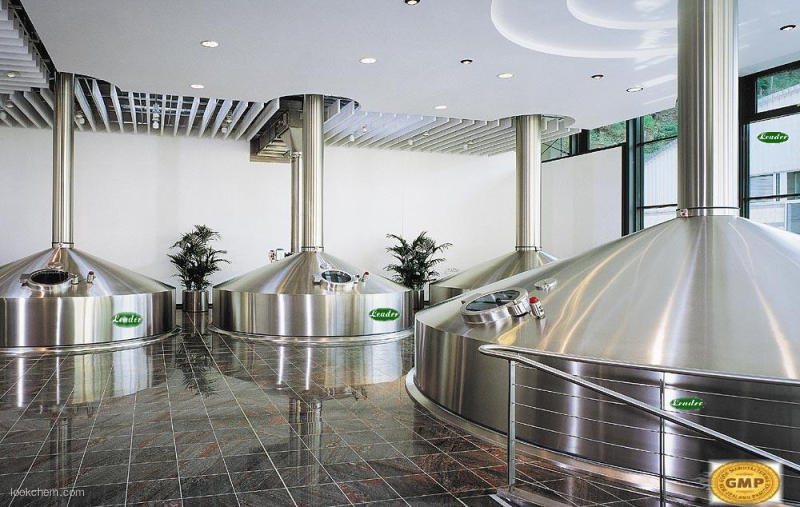
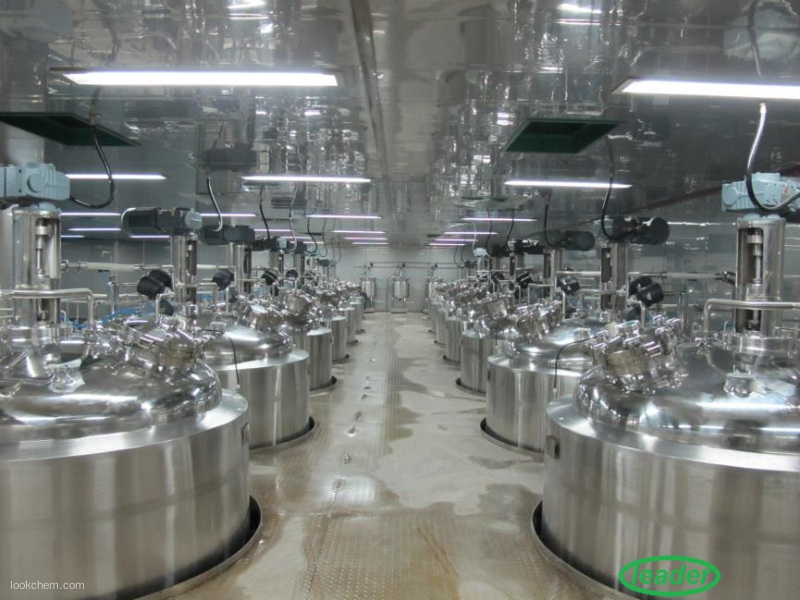
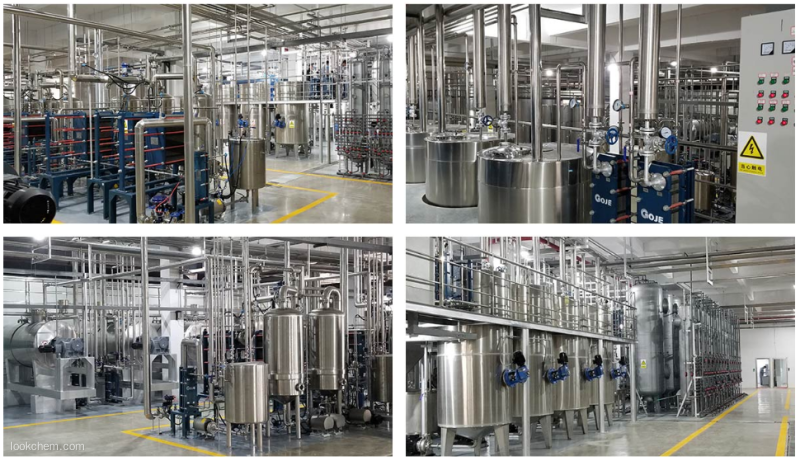
Our Factories R&D ability

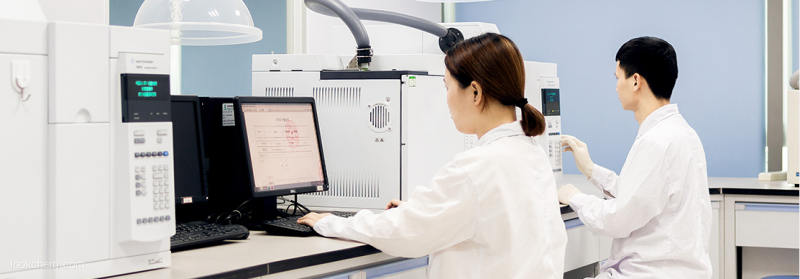
Our Factories warehouse
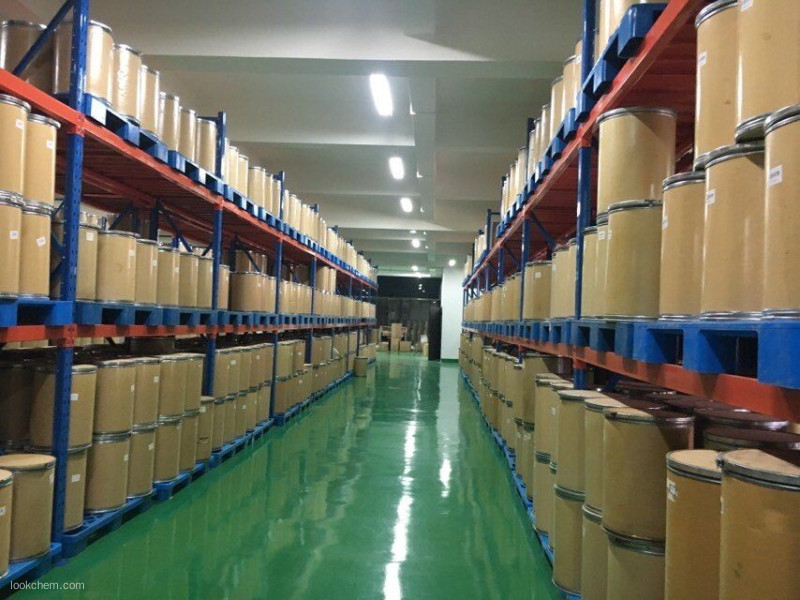
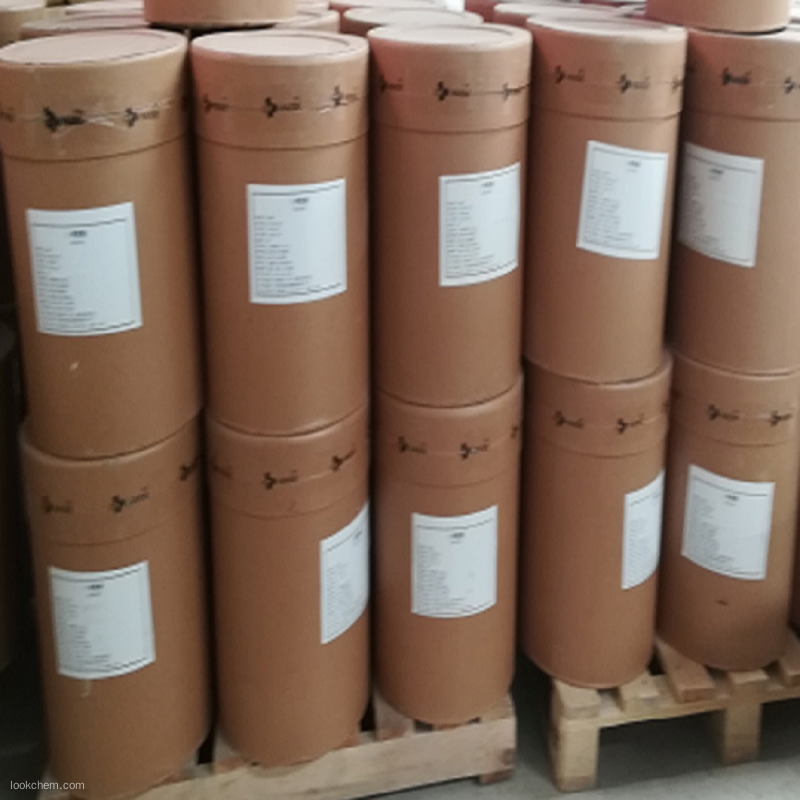


 Premiumsupplier
Premiumsupplier 



